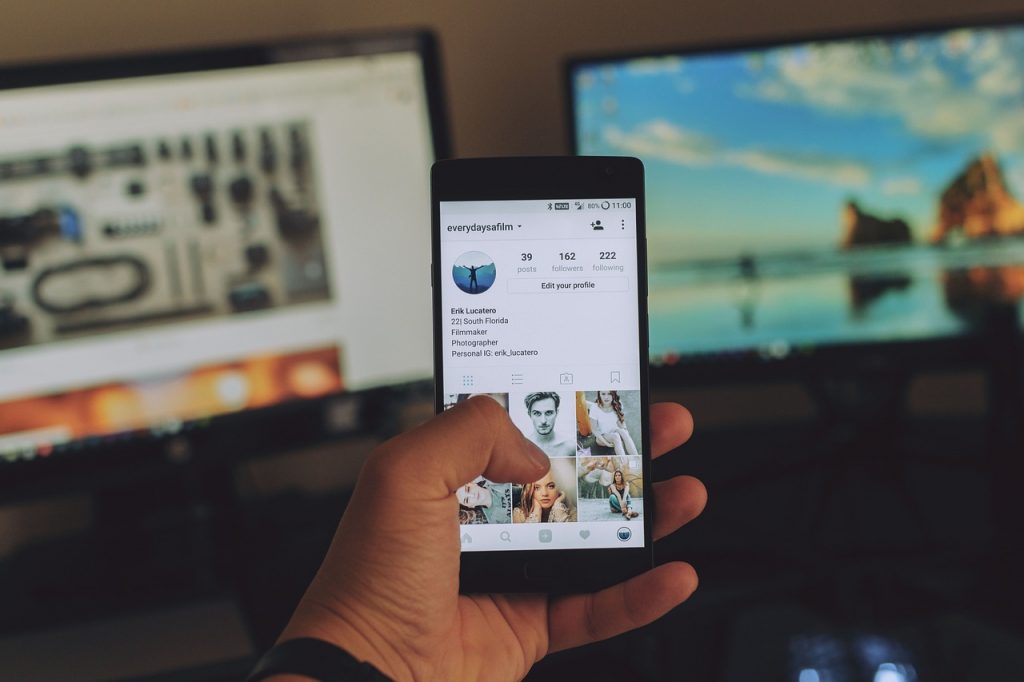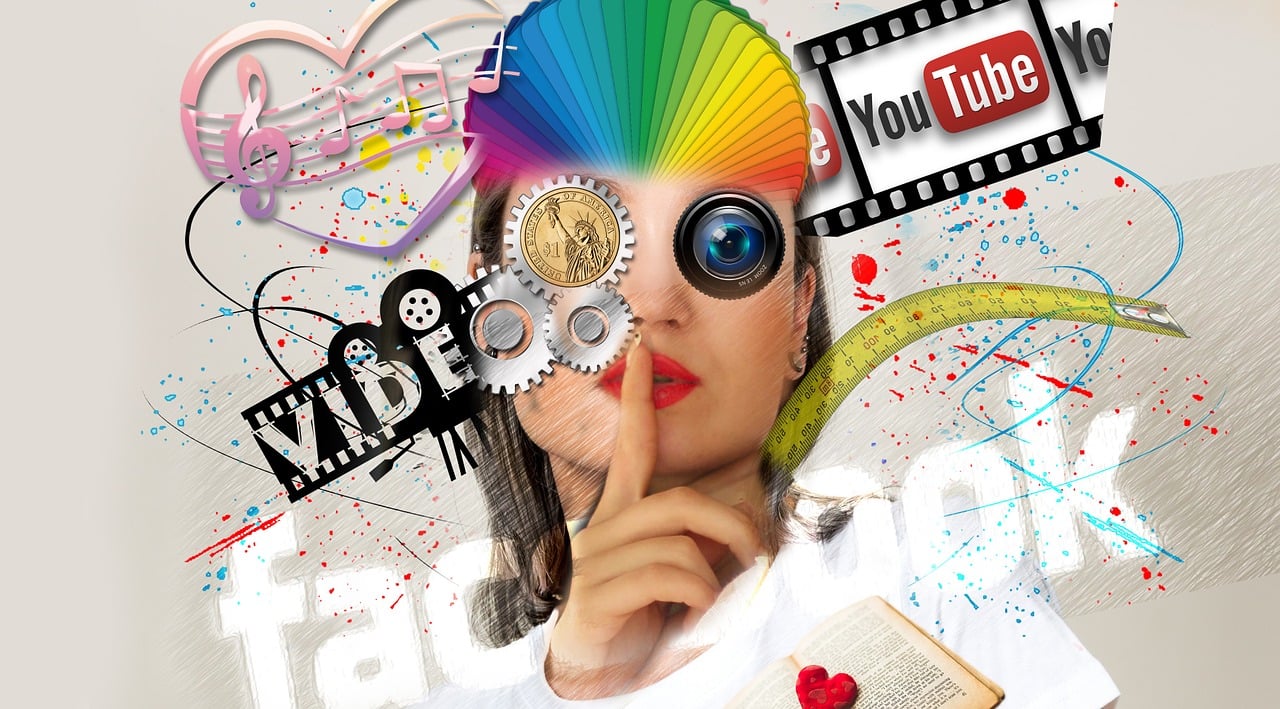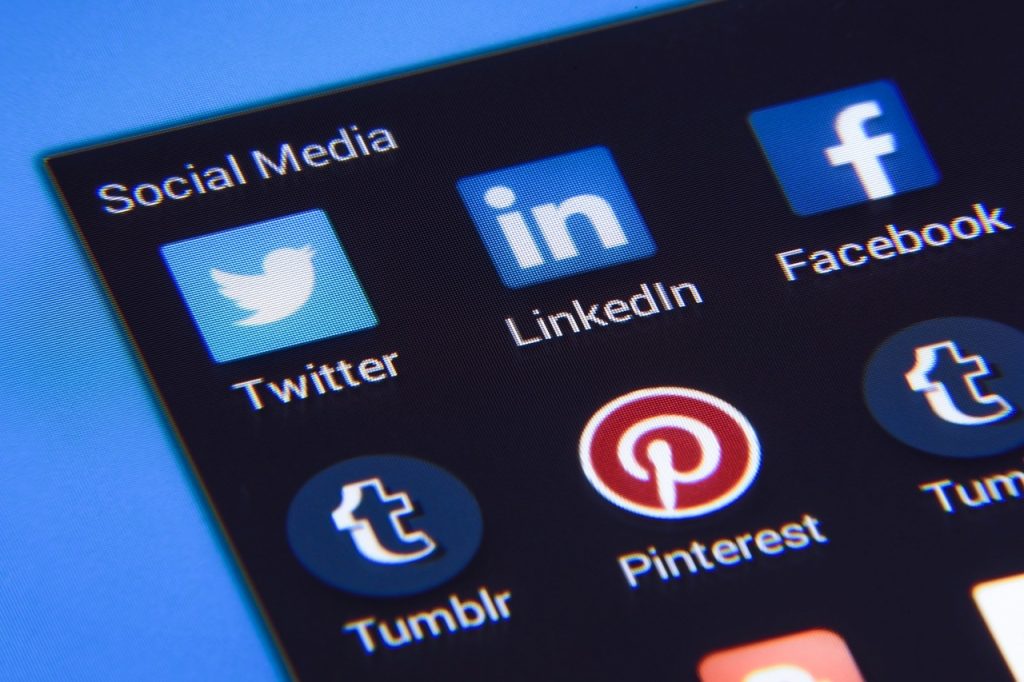In the past decade, social media has transformed from a niche hobby into a global phenomenon. Platforms like Instagram, YouTube, and TikTok have given rise to a new breed of celebrity: the social media influencer. These individuals command vast audiences, often rivaling traditional media stars in terms of reach and influence.
However, as their power grows, so too does the potential for misuse. The phenomenon of “Influencers Gone Wild” is a growing concern, posing significant risks to the integrity of social media, the well-being of audiences, and the credibility of influencer marketing.
The Power of Influencers
Influencers wield significant power due to their ability to connect with audiences on a personal level. They often share aspects of their daily lives, creating a sense of intimacy and trust with their followers. This unique relationship makes influencers incredibly effective at marketing products and ideas. Brands recognize this potential, investing billions of dollars annually into influencer marketing campaigns.

However, this power can be a double-edged sword. While influencers can drive positive change and promote valuable products, they can also spread misinformation, engage in unethical behavior, and exploit their followers. The term “Influencers Gone Wild” captures these instances where influencers act irresponsibly or recklessly, leading to negative consequences.
The Rise of “Influencers Gone Wild”
The phrase “Influencers Gone Wild” refers to situations where influencers engage in behavior that is deemed inappropriate, unethical, or harmful. This can include promoting dubious products, spreading misinformation, engaging in dangerous stunts, or displaying generally irresponsible conduct. Several factors contribute to the rise of this phenomenon:
- Lack of Regulation: Social media platforms operate with relatively little oversight. Unlike traditional media, there are few regulations governing what influencers can and cannot do. This lack of accountability allows some influencers to push boundaries without facing significant repercussions.
- Pressure to Stand Out: The influencer market is highly competitive. To gain and maintain followers, influencers often feel pressured to produce increasingly sensational content. This can lead to reckless behavior as influencers seek to go viral and stay relevant.
- Monetary Incentives: The lucrative nature of influencer marketing can tempt individuals to prioritize profit over ethics. This might involve promoting products they don’t believe in, or worse, products that are harmful or fraudulent.
Examples Where “Influencers Gone Wild”
There are numerous instances where influencers have crossed the line, resulting in public backlash and, in some cases, legal action. Here are a few notable examples:
- Promoting Harmful Products: Some influencers have been caught promoting products that are unsafe or of dubious efficacy. For instance, the promotion of “detox teas” and weight loss supplements has been widely criticized for potentially harming users and perpetuating unhealthy body standards.
- Misinformation: During the COVID-19 pandemic, several influencers spread misinformation about the virus, vaccines, and treatments. This contributed to public confusion and hindered efforts to control the pandemic.
- Dangerous Stunts: To attract views, some influencers engage in dangerous activities, often encouraging their followers to do the same. This has led to injuries and even fatalities, highlighting the reckless behavior that some influencers are willing to engage in for fame.
The Impact on Audiences
The behavior of “Influencers Gone Wild” can have serious repercussions for their audiences. Followers, particularly younger individuals, often look up to influencers and emulate their behavior. When influencers promote harmful products or engage in dangerous activities, they set a poor example for their followers.
Moreover, the spread of misinformation can have dire consequences. Inaccurate health advice, for instance, can lead to people making decisions that negatively impact their well-being. The influence of these individuals extends beyond mere entertainment; it can significantly affect public health, safety, and trust.
The Impact on Brands and Influencer Marketing
The actions of “Influencers Gone Wild” also have implications for brands and the broader influencer marketing industry. Brands that associate with irresponsible influencers risk damaging their reputation. A scandal involving an influencer can lead to boycotts, negative press, and a loss of consumer trust.
Additionally, the phenomenon erodes the credibility of influencer marketing as a whole. When audiences see influencers behaving badly, they may become skeptical of all influencer endorsements, making it harder for legitimate influencers to maintain trust and engagement with their followers.
Addressing the Issue
Given the growing concern over “Influencers Gone Wild,” it is crucial to address this issue through a multi-faceted approach:
- Platform Regulation: Social media platforms need to implement stricter regulations and monitoring mechanisms to hold influencers accountable. This could include clearer guidelines on acceptable behavior and more robust systems for reporting and penalizing misconduct.
- Brand Responsibility: Brands must perform due diligence when selecting influencers to represent them. This involves vetting influencers thoroughly and ensuring they align with the brand’s values and standards. Brands should also be prepared to act swiftly if an influencer behaves inappropriately.
- Audience Education: Educating audiences, especially young people, about the potential risks of blindly following influencers is essential. Media literacy programs can help individuals critically evaluate the content they consume and make informed decisions.
- Influencer Accountability: Influencers themselves need to recognize their responsibility to their followers. They should strive to act ethically, be transparent about their endorsements, and avoid promoting harmful or misleading content.
Conclusion
The phenomenon of “Influencers Gone Wild” is a growing concern in the world of social media. The lack of regulation, pressure to stand out, and monetary incentives contribute to irresponsible behavior among some influencers. This not only impacts the well-being of their audiences but also undermines the credibility of influencer marketing.
Addressing this issue requires a concerted effort from social media platforms, brands, audiences, and influencers themselves. By implementing stricter regulations, promoting ethical behavior, and educating audiences, we can mitigate the negative effects of “Influencers Gone Wild” and ensure that social media remains a positive and trustworthy space for all.




